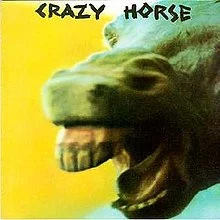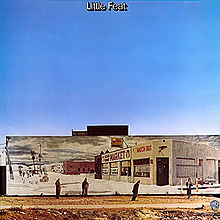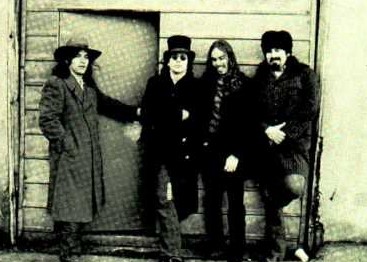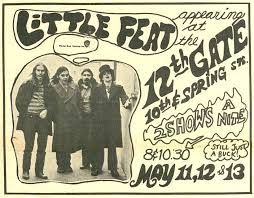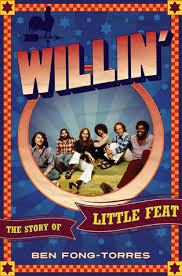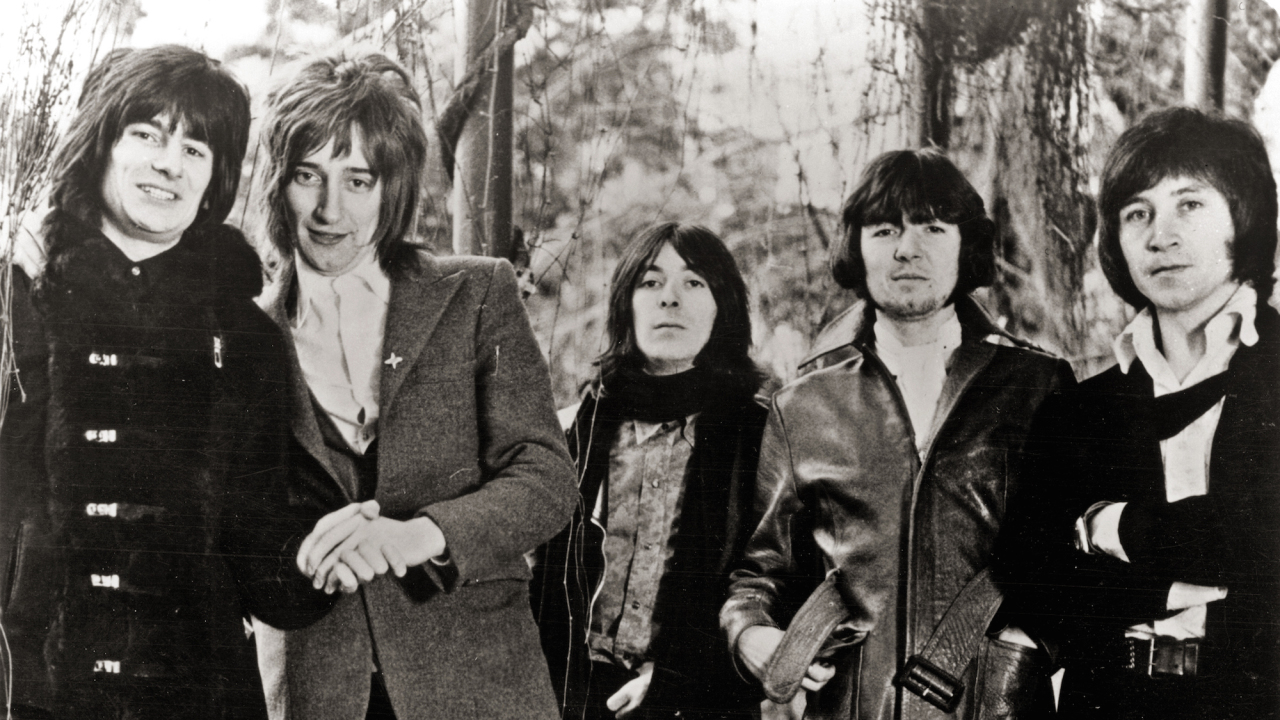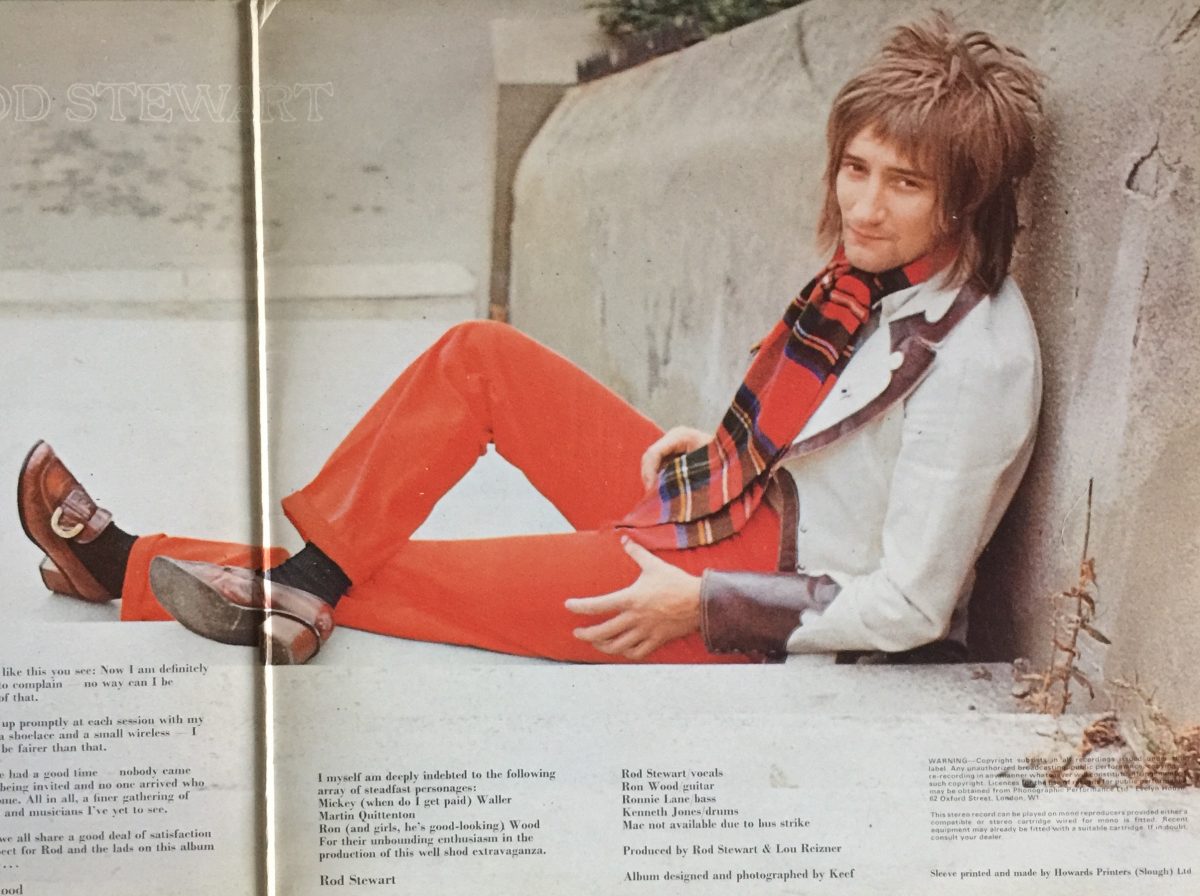February 1971: Crazy Horse – Crazy Horse
Some of the most enjoyable discoveries for me as a music fan are the ones that come about by chance. With Crazy Horse, it happened a number of years back while wading through used discs in a store I no longer recall. There appeared before me a title which simply read Crazy Horse. I wondered to myself, “As in Neil Young & Crazy Horse?” It hadn’t occurred to me that the group had recorded albums without Neil, but here was evidence they had. Noticing the release year and recognizing two of the track titles as songs performed with Neil (Dance, Dance, Dance & Downtown) it was an obvious purchase, and I was not disappointed. The core band that emerged from ashes of The Rockets – Danny Whitten, Billy Talbot, and Ralph Molina, plus Jack Nitzsche and Nils Lofgren – first as backing band to Neil Young on Everybody Knows This is Nowhere and in a more limited role on After the Gold Rush, released their eponymous debut 50 years ago this month.

One thing that stands out to me when perusing the liner notes is that the name Neil Young appears only twice, first with sole songwriting credit on Dance, Dance, Dance, and then with a co-credit along with Danny Whitten on Downtown – a song that would eerily reappear on Young’s Tonight’s the Night album a few years later as a live track featuring Whitten, who’d passed away in 1972. From a music standpoint, Crazy Horse is a damn fine rock album from start to finish, and I wonder if the band’s best-known status as “one of Neil’s bands” helps or hinders the album’s place in the pantheon of albums from the 1960’s and 70’s.
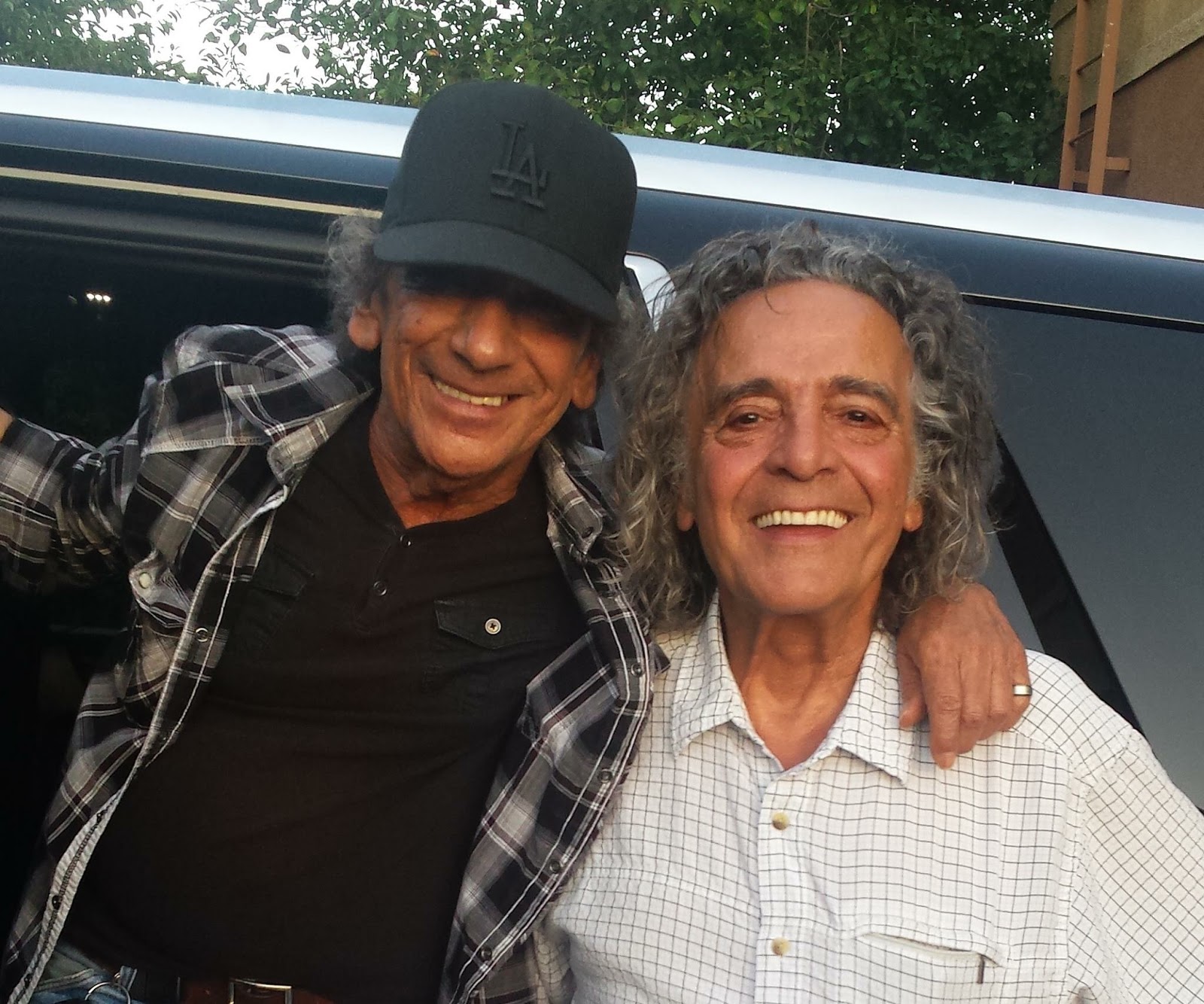
I’d known about the sad demise of Danny Whitten strictly within the context of his involvement with Young but listening to this album brings home just how talented he was, especially as a rock vocalist. He wrote five of the eleven tracks, and all but three feature him as lead singer. Among my favorite Whitten vocals are the opener Gone Dead Train (subtly driven by Jack Nitzsche’s piano), Look at All the Things (which could’ve been a blueprint for much of their work with Neil), Nitzsche’s Carolay (which hints at Jack’s experience as conductor/arranger for the now late Phil Spector), and his signature song, the sad ballad I Don’t Want to Talk About It – a track made somewhat famous when recorded by Rod Stewart in 1975. This original is enhanced by the sweet slide guitar work of guest player Ry Cooder, who also appears on Whitten’s Dirty Dirty and Nitzsche’s Crow Jane Lady.
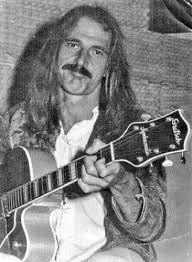
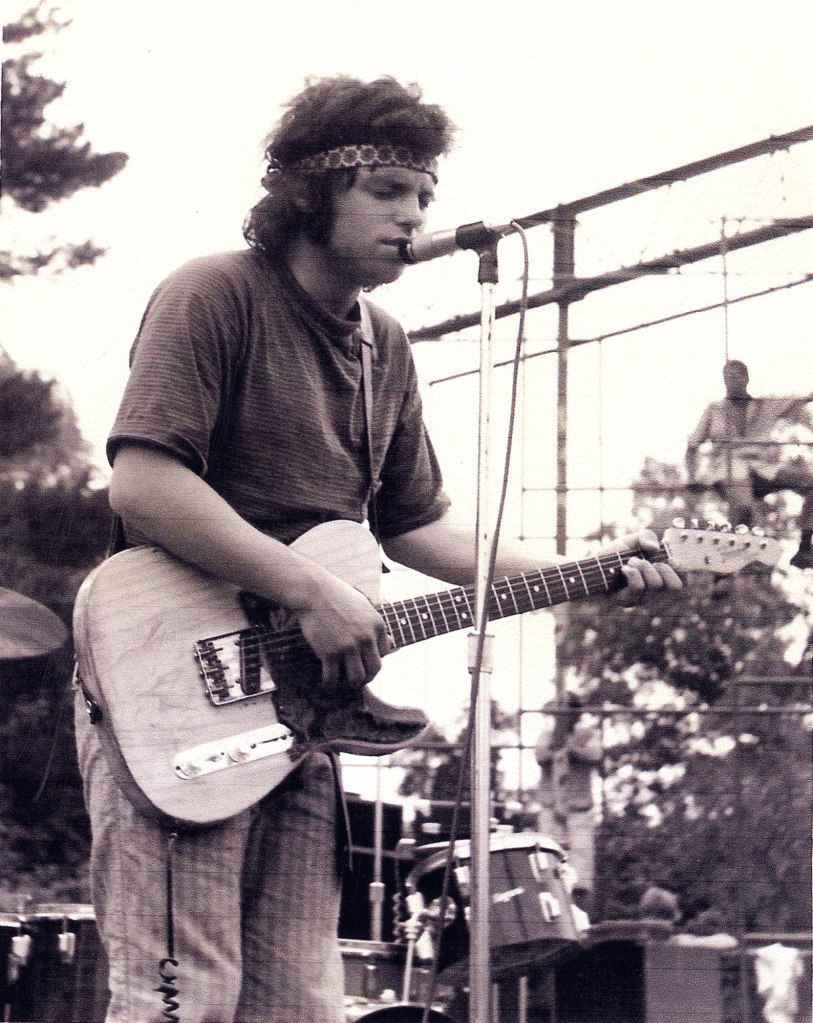
Then-nineteen-year-old Nils Lofgren contributed two tracks, including one of my favorites on the album, Beggars Day, which features a much more gravelly, experienced sounding vocal than might be expected from someone so young. It’s somewhat reminiscent of Joe Walsh in his James Gang days. Even the guitar solo is familiar in that regard. Crazy Horse is a no-frills rock band, and saying anything else about this album would just be unnecessary hyperbole. If you like the Horse with Neil Young, listen to this album. The louder the better.
Tracklist
Side One:
- Gone Dead Train
- Dance, Dance, Dance
- Look at All the Things
- Beggars Day
- I Don’t Want to Talk About It
Side Two:
- Downtown
- Carolay
- Dirty, Dirty
- Nobody
- I’ll Get By
- Crow Jane Lady
-Stephen
https://www.allmusic.com/album/crazy-horse-mw0000113305
https://en.wikipedia.org/wiki/Crazy_Horse_(album)
https://en.wikipedia.org/wiki/I_Don%27t_Want_to_Talk_About_It
